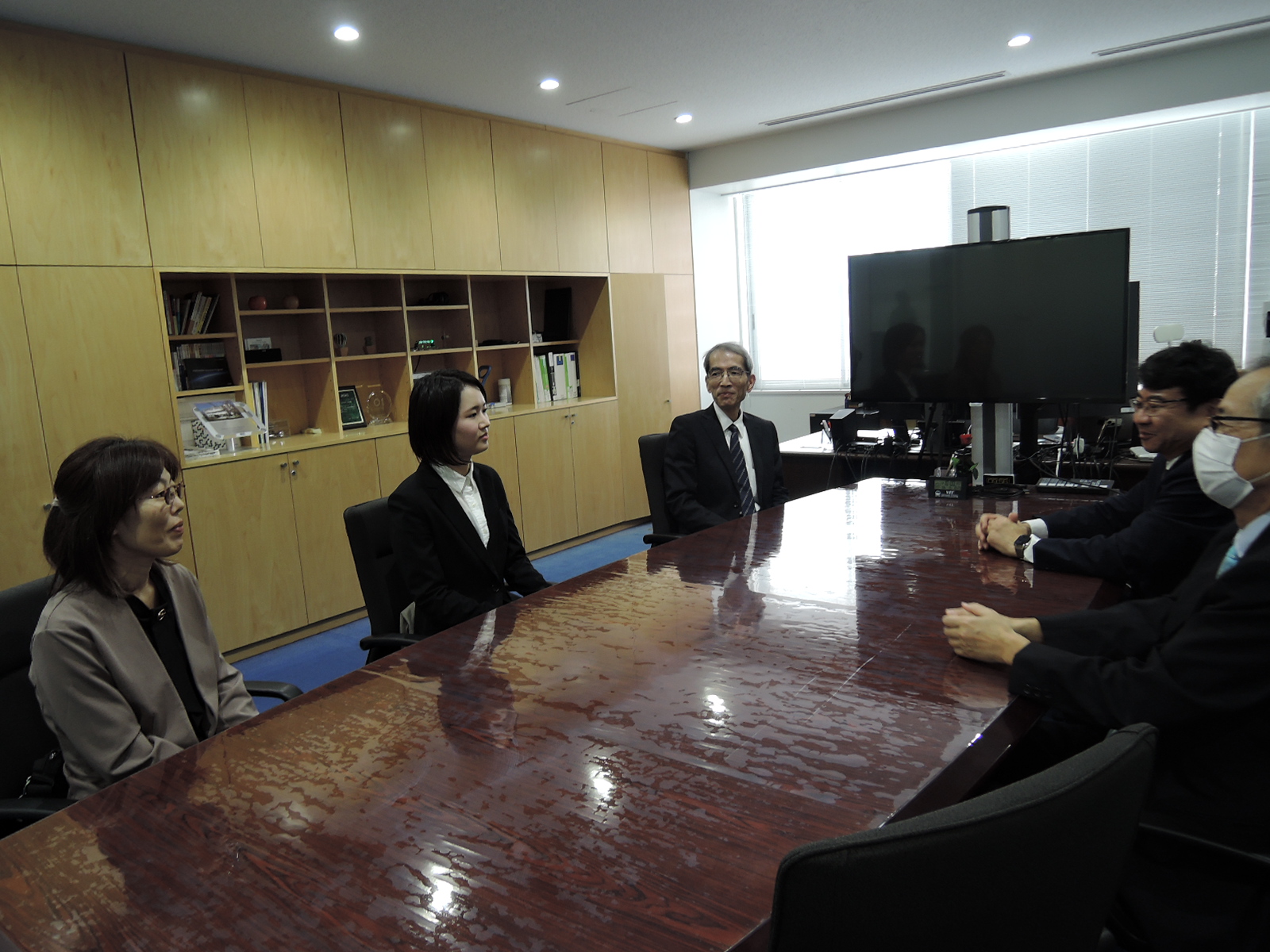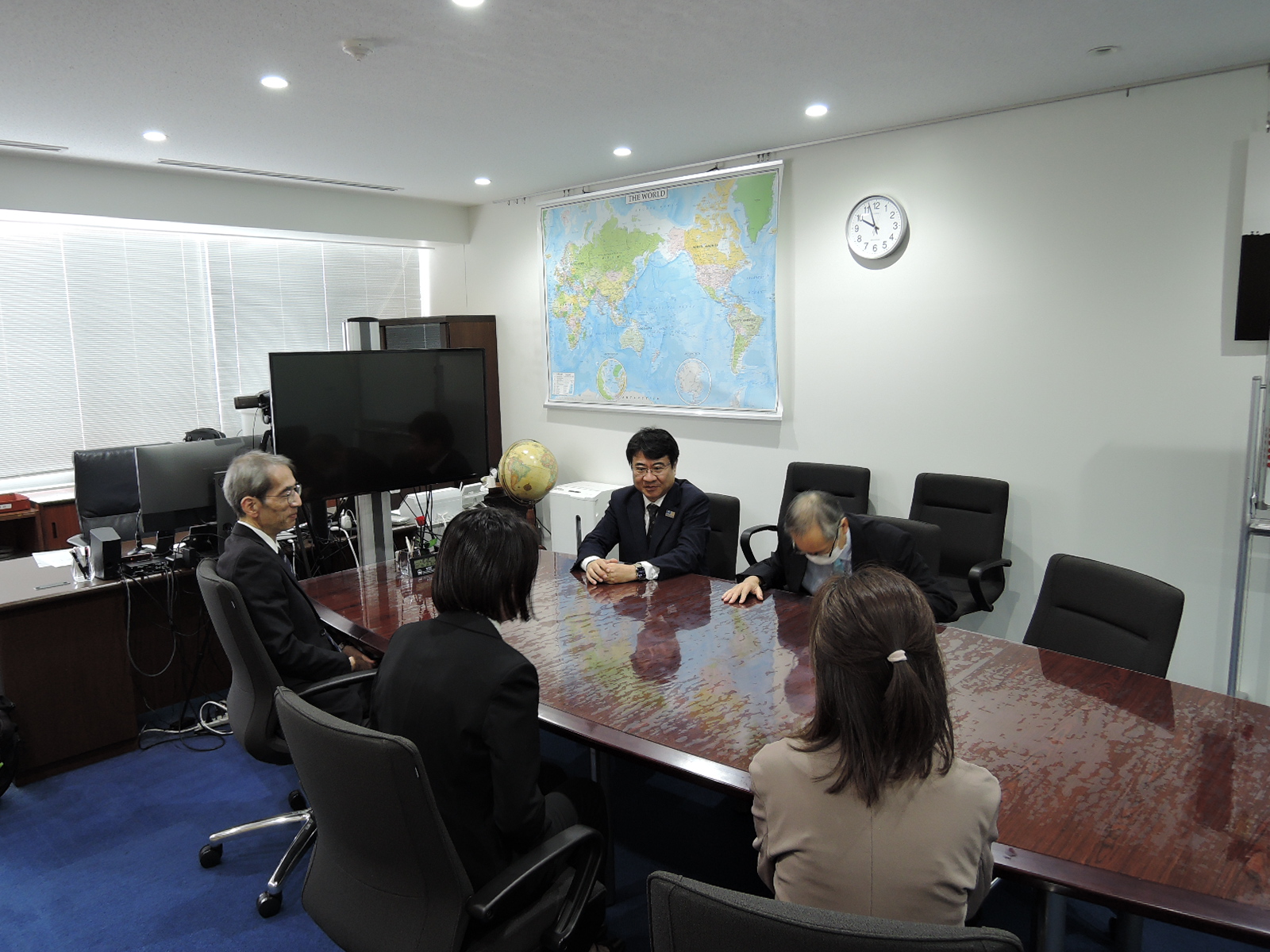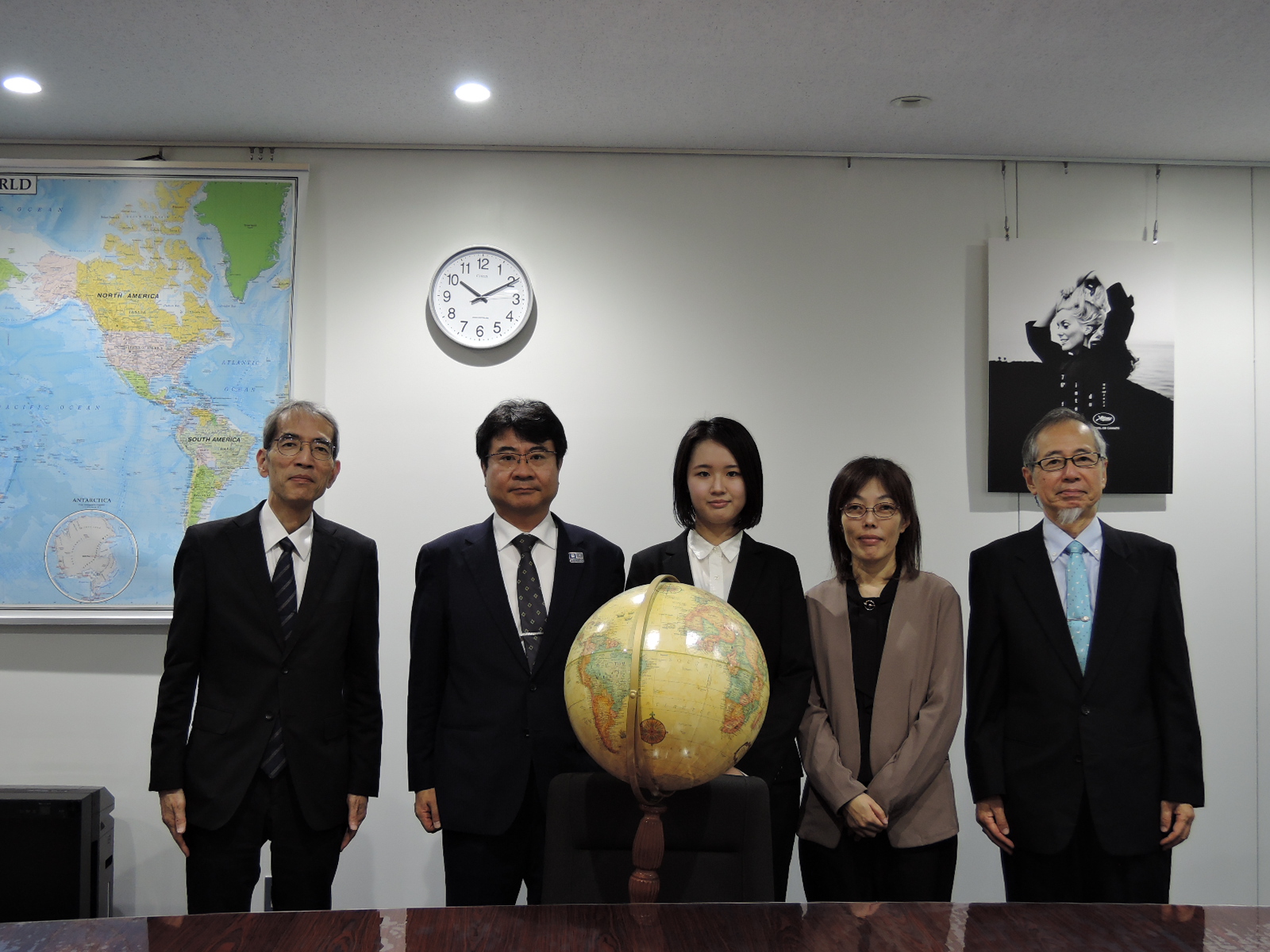Ms. Kokone Nakamura, a first-year master’s student in the Interfaculty Graduate School of Innovative and Practical Studies, has been selected as one of the second cohort of the “UNESCO Training Program,” jointly established by the Ministry of Education, Culture, Sports, Science and Technology (MEXT) and UNESCO Headquarters in Paris. Starting at the end of this month, Ms. Nakamura will participate in a year training program at UNESCO’s headquarters, focusing on the “Man and the Biosphere (MAB) Programme.”
This program aims to promote understanding of UNESCO activities in Japan, foster globally active talent, including international organization personnel, and contribute to regional revitalization through UNESCO initiatives. It offers exceptional Japanese students the opportunity for long-term training (generally 6 to 12 months) at UNESCO Headquarters and regional offices around the world.
The program is open to universities in Japan that have established UNESCO Chairs. Yokohama National University is engaged in the UNESCO Chair on Education in Biosphere Reserves for Sustainable Societies (EBRoSS), focusing on education for sustainable societies utilizing biosphere reserves.
On October 23, before her departure, Ms. Nakamura paid a courtesy visit to Vice President Motonari Tanabe and others. The visit was attended by Prof. Tetsuo Okada, the head of the Interfaculty Graduate School of Innovative and Practical Studies, Prof. Hiroyuki Matsuda, a special advisor to the president, and her supervising professor, Kaoruko Kurata, who discussed Ms. Nakamura’s aspirations for her upcoming trip.
The “UNESCO Training Program,” initiated in the 2024 fiscal year by UNESCO and the Ministry of Education, Culture, Sports, Science and Technology (MEXT) – Japan National Commission for UNESCO, aims to promote understanding of UNESCO activities, foster globally active talent including international organization personnel, and contribute to regional revitalization. The program provides Japanese youth with the opportunity for long-term training (generally six months or more, up to a maximum of 12 months) at UNESCO headquarters and regional offices.



